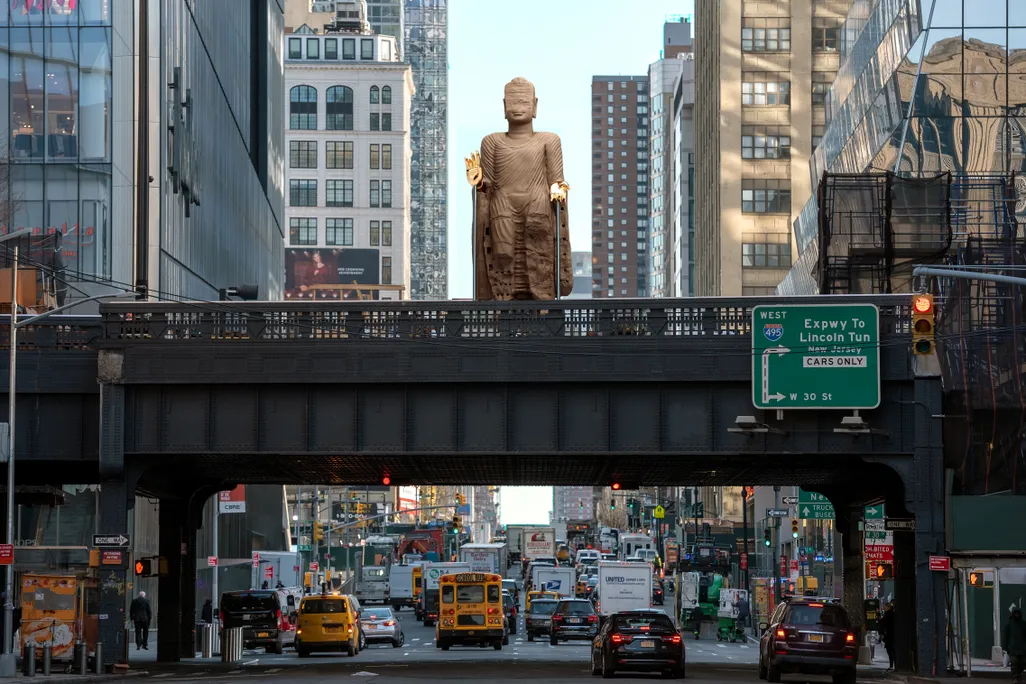This week has been full of twists and turns for China’s gaming community.
Last Saturday, history was made as the first-ever batch of official esports athletes in China were registered in Shanghai. Eighty-five players of games such as DOTA2, Hearthstone, Warcraft 3, League of Legends, Royal War, FIFA Online 4, and Honor of Kings became the first to receive the coveted State-recognized certificates of registration.

It’s a strategic move in a country where the population of gamers alone outnumbers that of the entire United States. China’s gaming industry expects to see a whopping 63% increase in market worth this year. The same report also predicted that China’s esports audience will top global charts this year, reaching 75 million fans.
Hopefully these steps toward standardizing esports may lead to a brighter future for China’s gaming professionals, who have historically been subject to long hours, low pay, and social contempt.
Related:
 China’s Esports Professionals: Long Hours and Low Pay, But Love for the JobA new survey reveals the working conditions and attitudes of China’s esports professionalsArticle May 28, 2019
China’s Esports Professionals: Long Hours and Low Pay, But Love for the JobA new survey reveals the working conditions and attitudes of China’s esports professionalsArticle May 28, 2019
This past weekend also marked the closing of the annual China Digital Entertainment Expo & Conference, or ChinaJoy 2019. Unfortunately, this year’s conference wasn’t all fun and games — one guy even ended up smashing his PS4.
When Mihoyo unveiled Genshin Impact for PS4, many noted the game was inspired by BOTW.
Some fans of BOTW are upset that Sony is promoting this game because of the similarities + they think it’s shameless of Sony.
This man smashed his PS4 at ChinaJoy in protest. pic.twitter.com/jwJqwREgaz
— Daniel Ahmad (@ZhugeEX) August 3, 2019
He wasn’t alone — check out this sea of middle fingers inspired by developer MiHoYo’s release of Genshin Impact for PS4, which sparked public outrage due to its suspicious similarities to Nintendo’s iconic Legend of Zelda: Breath of the Wild.
Seems he wasn’t the only one protesting.
lul pic.twitter.com/tyofudXNsD
— Daniel Ahmad (@ZhugeEX) August 4, 2019
Copycat scandals aside, ChinaJoy is in a bit of an awkward situation. Audience interest in the once-legendary convention has been waning, and a well-intentioned transition from “gaming conference” to “gaming, technology, and pan-entertainment conference” has proven more difficult than imagined.
To make matters worse, ChinaJoy is struggling to find its place within China’s ongoing wave of new gaming regulations. Several Party-friendly concepts were shoehorned into the convention’s agenda, including the promotion of games that incorporate traditional Chinese culture, 5G-driven gaming, and anti-addiction measures for minors.
Opening speech at ChinaJoy focused on five main items.
– Anti addiction regulations for minors in China.
– Increase regulator oversight for content updates / post launch.
3. Promote games that include traditional culture.
4. 5G as a driver for games
5. Cloud gaming— Daniel Ahmad (@ZhugeEX) August 1, 2019
Not mentioned above is the 4-year running ban on vulgar costumes, a dress-code which targets ChinaJoy’s notorious “booth babes” (i.e. girls stationed at gaming booths for crowd-baiting purposes). In 2015, regulators instructed these showgirls to refrain from wearing low-rise pants and bikinis, or bearing “more than 2 inches of cleavage”. Wonder if that includes Beijing Bikinis too…
While their costumes have toned down accordingly over the past couple of years, this year’s gamer girls still managed to draw in crowds and commentaries.
the famous (or infamous) games festival #Chinajoy and its use of show girls hasn’t changed a bit this year https://t.co/gVYOjTy2cB pic.twitter.com/3arfDn2RUH
— Lulu Yilun Chen (@luluyilun) August 6, 2018
To top it all off, Chinese tech giant NetEase just announced plans to invest over 720.3 million USD into the construction of an esports park in Shanghai, which will eventually host large-scale gaming tournaments and competitions.
NetEase to build e-sports park in Shanghai https://t.co/jlqGKCqqRQ pic.twitter.com/EIrzT3FZ1U
— Foursquare China (@FoursquareChina) August 4, 2019
So amidst a rollercoaster of regulation, infrastructure, and changing consumer attitudes, it’s tough to predict exactly what China’s gaming industry will become — but it’s certainly receiving no shortage of attention.
Find out more on our Digitally China podcast episode below:
 Digitally China Podcast: Hope and Despair in the World’s Largest Gaming MarketWhat does the future hold for China’s gaming industry amid ever-tightening rules and regulations?Article May 23, 2019
Digitally China Podcast: Hope and Despair in the World’s Largest Gaming MarketWhat does the future hold for China’s gaming industry amid ever-tightening rules and regulations?Article May 23, 2019

















